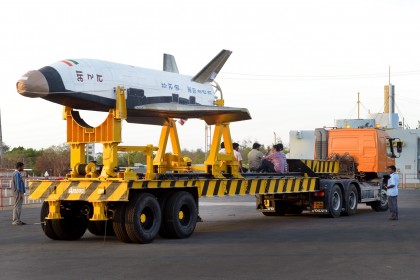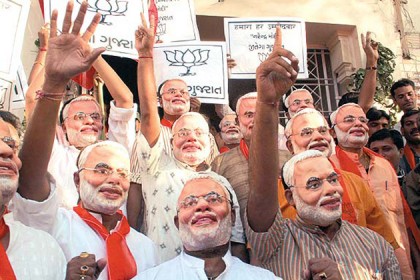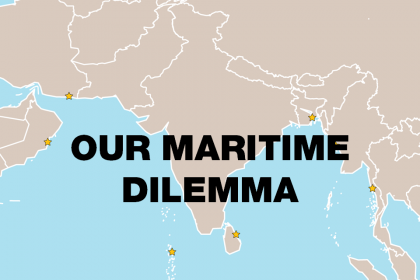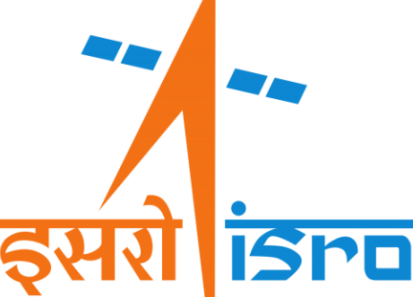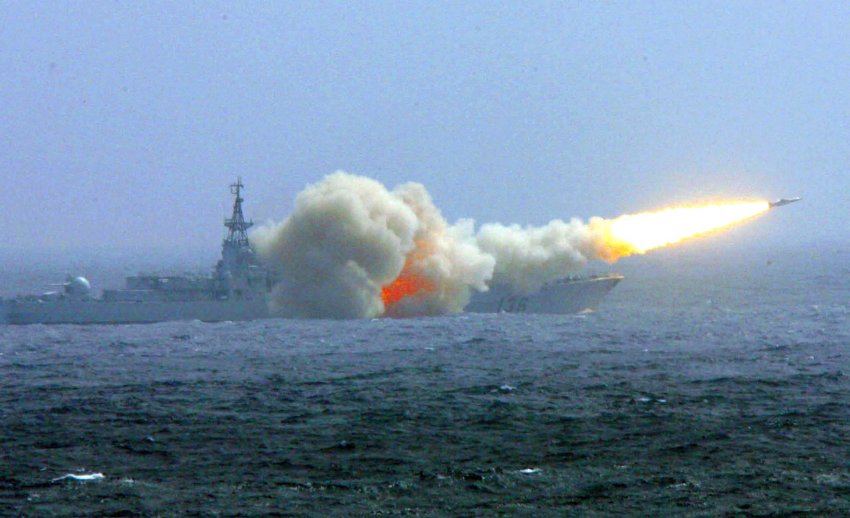Prospects and necessities from RLV-TD
The Indian Space Programme has a mandate to focus on its launch- and earth-oriented capabilities. In the past decade, it has attempted some non-conventional experimental projects under the labels “‘low-cost” and “technology demonstrator”. However the effect of these experimental space projects on India’s techno-economic growth will be realised only if the central government gives the project greater status and funding.

